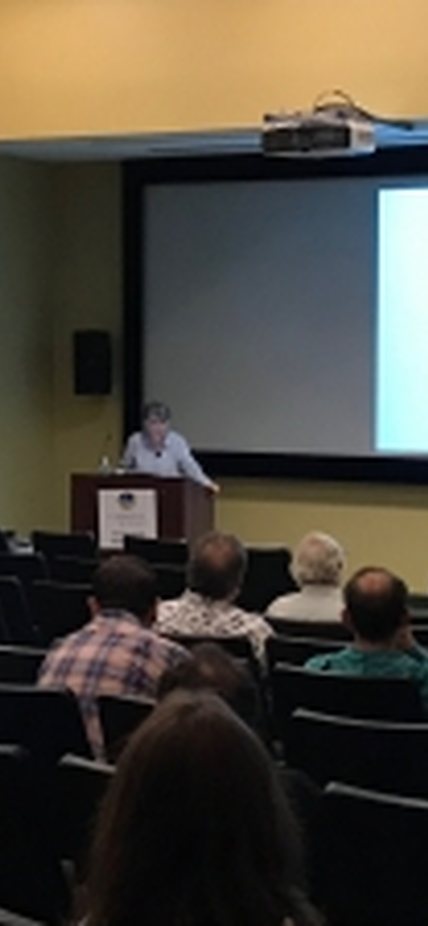An individual's performance should be judged fairly, yet there are obvious and less obvious inequities in the professional arena:
- Others' ideas of one's identity
- Identical performance evaluated differently because of identity (implicit bias)
There are hidden indirect inequities, such as lack of financial resources or cultural need to remain in close proximity to family
Unintended inequity: "third-party" explanation: 'I don't mind hiring you, but others might have an objection...."
- Address inequities by legal regulation or redress (pursuing change may have visible and/or hidden costs).
- Individuals should work together to make change.
- Inequities are well documented, causing disadvantages that accumulate over time.
- Do not ignore inequities.
Less obvious inequities:
- People with more power interrupt more often
- Men interrupt women more than they interrupt other men
- Pattern of overlooking the group member
- Ignoring statements or contributions by a marginal identity individual
- Talking down or "man splaining"
- Informal social exclusion
- Microaggressions
- Avoiding certain potential collaborators/colleagues
Matthew and Matilda Effects: Work is misattributed to the most famous person on the team, or attributed to a man. This attribution must be corrected. Bystanders should correct the attribution. Unfortunately, marginal people are less likely to share their achievements.
What can be done: REFLECT, TRAIN, ENCOURAGE, CHANGE.
- Make a note when you see an inequity
- Find a mentor or colleague who can advise on best way to move forward
- Correct an unjust attribution and support individuals subjected to inequities
- Frame change positively
- Avoid shaming
